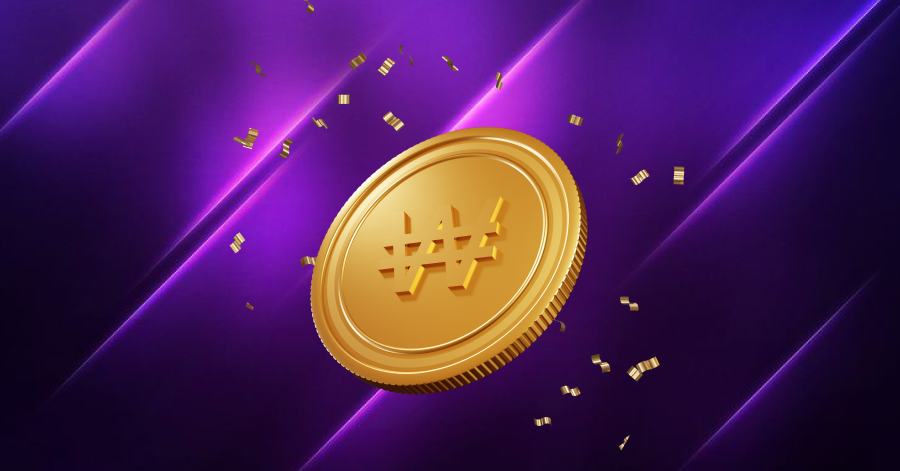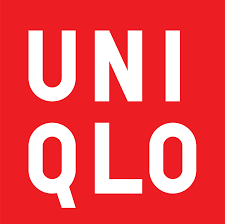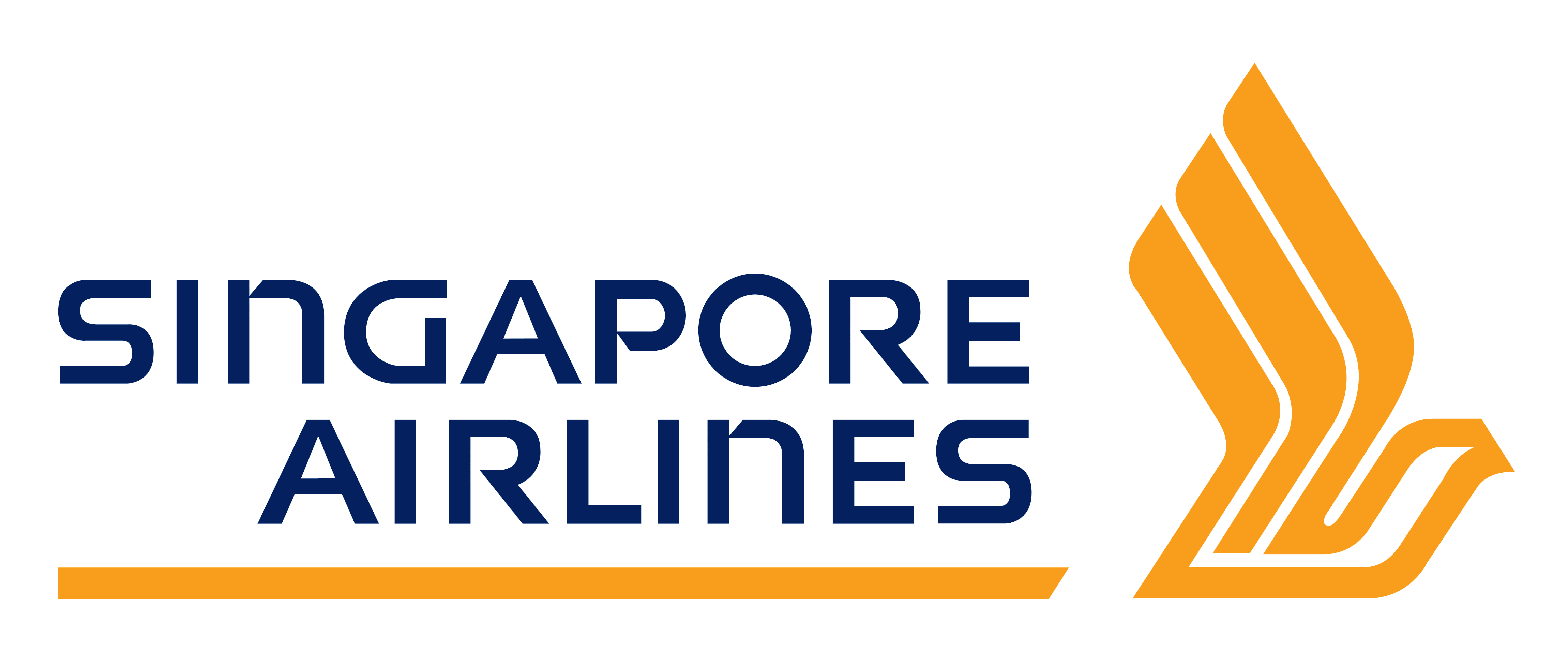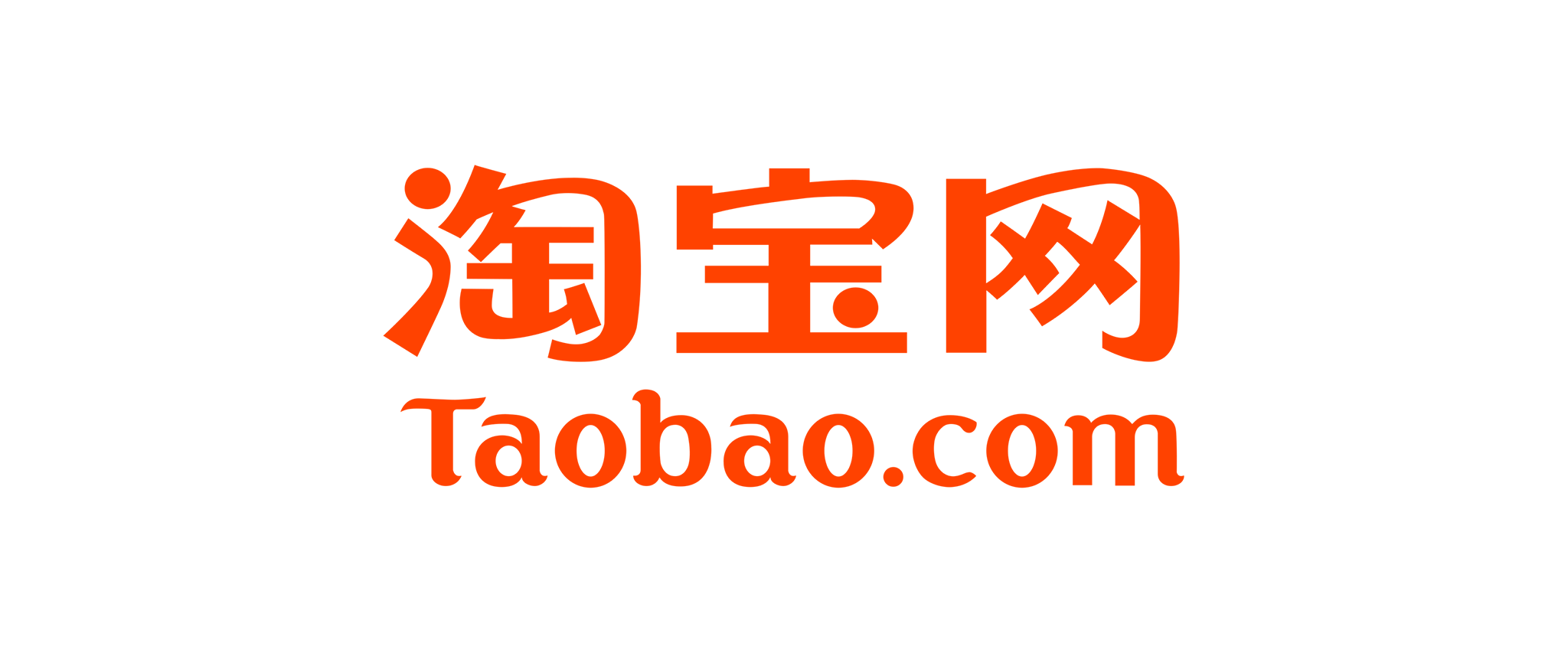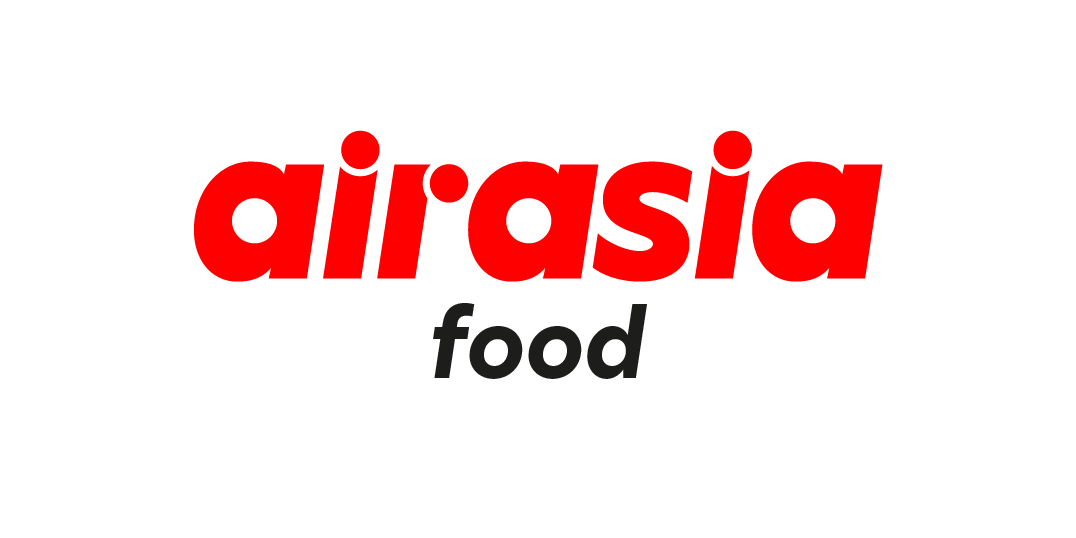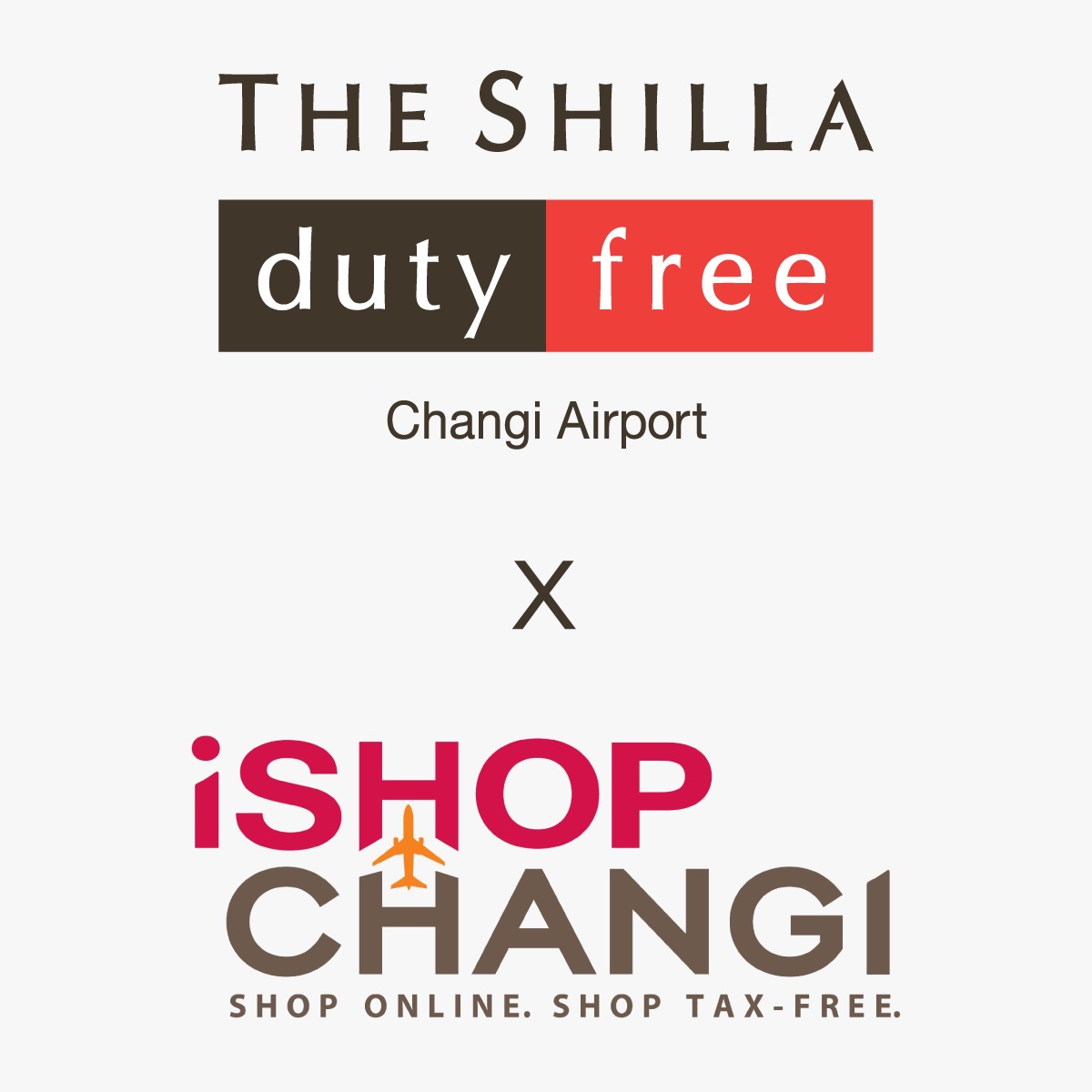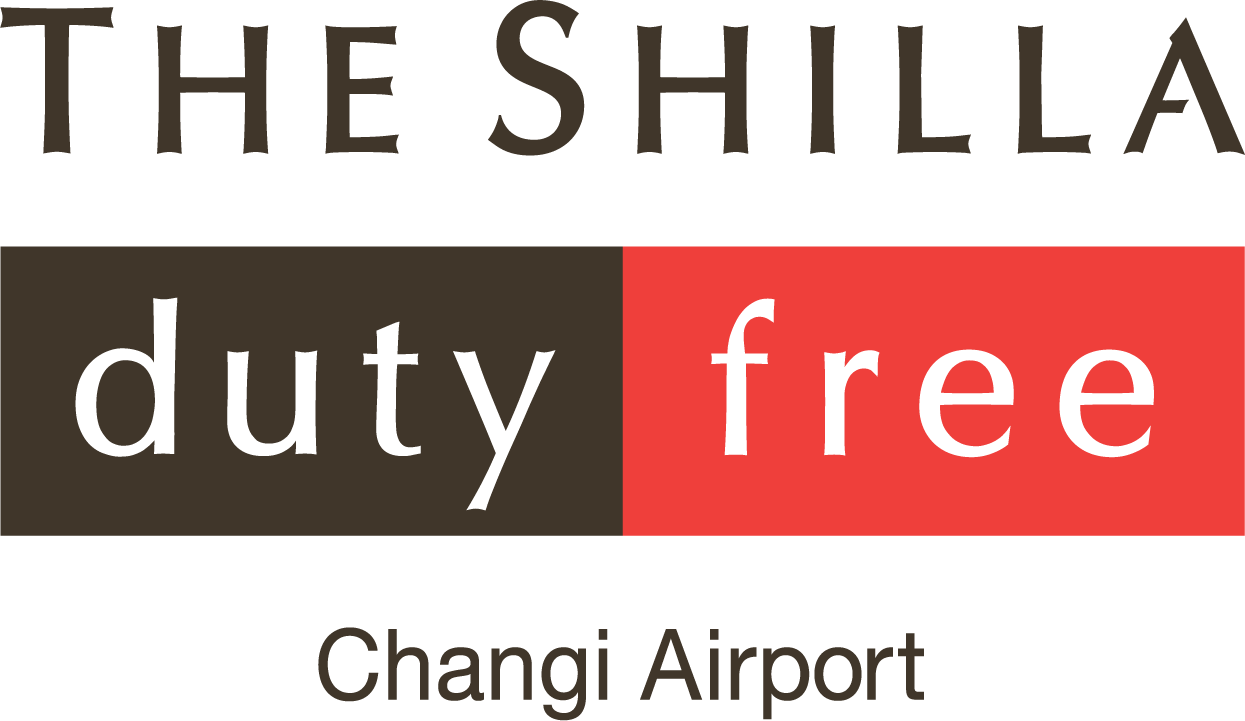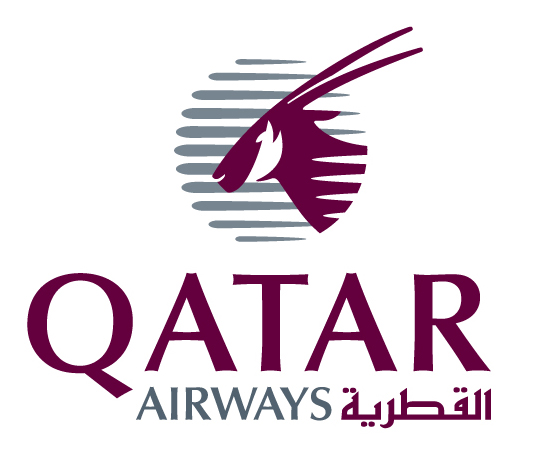Wondering what Budget 2021 means for you beyond the GST vouchers? Here’s the 411 on what some of the measures mean for you as a traveller and a shopper. Read on to find out more!
Ever since the COVID-19 pandemic hit our shores, Singaporeans have shown their deep appreciation for grocery shopping, bubble tea, and a good parliamentary speech. So when Minister Heng Sweet Keat delivered Tuesday’s Budget 2021 statement through the airwaves, it came as no surprise that we all sat by our screens, waiting in anticipation for the news to drop.
And while we now know what Budget 2021 brings for us collectively as Singaporeans, our team wondered what it meant for us as travellers and shoppers. So we picked out the 3 most salient points addressed in Parliament and broke them down for the community here at YouTrip!
Ultimate YouTrip Guide To Budget 2021:
- Budget 2021: GST will be charged on all overseas online shopping from Jan 2023
- Budget 2021 Summary: What Travellers & Shoppers Need To Know
Highlight #1: Support & Extended Cost Relief For The Aviation Sector
Across the globe, we’ve seen the downfall of airlines like Virgin Australia to Mexico’s Interjet — highlighting how badly hit the travel and tourism industry has been. And while our domestic carriers aren’t spared from the carnage, the government has pledged a total of S$870 million to support the entire sector.
What it means for travellers:
As Mr. Heng had mentioned, he expects the sector to “use this lull period to improve its capabilities and prepare for recovery.” This means that we can expect to see upgrades in existing facilities and processes, as well as the implementation of newer systems that can support a post-Covid travel climate.
Feels like forever ago, doesn’t it? Image credits: PBS
According to the World Economic Forum, we might see greater use of biometric systems, more sanitation systems in place, and even some airport redesign to reduce the number of high-density areas. In fact, several airlines have already implemented new travel policies to adapt to the new norms! With Changi’s demonstrated commitment to being the region’s air hub, future inbound travellers can expect smooth and efficient entry into Singapore, while outbound travellers may also experience fewer delays a.k.a just another day transiting in Changi Airport 😉
Highlight #2: Quicker COVID-19 Vaccine Verifications
While travel might not be as widespread as before, we’ve still witnessed how travellers are using bogus COVID-19 test certificates to board planes. As governments grapple with this very foreign (and not to mention #firstworld) problem, we’re beginning to see airlines and airports experimenting with various verification tech.
As mentioned by Mr. Heng, a priority for Changi is to ensure that they ramp up their arrival testing and biosafety systems. This has led to the collaboration between GovTech and Affinidi, a Temasek-founded startup that offers tech solutions such as the creation of portable digital identities, issuance of digital credentials as well as safe and selective sharing of verifiable data.
Image credits: Affinidi
The pilot programme, AOKpass, uses blockchain technology to authenticate and secure negative COVID-19 test results, with plans to expand into immunisation and other medical compliance records.
What it means for travellers:
Well, if travel is only going to be permissible for those with 1. a negative COVID-19 test, and 2. proof of being vaccinated against the virus, then this might incentivise more people to get their jabs! Of course, there are other ways to incentivise people… such as using iconic locations as makeshift vaccine hubs.
As for us Singaporeans, this could likely be a win-win for us. After all, we already hold one of the most powerful passports in the world. And if we can develop an efficient and effective way of verifying medical records, we’re looking at some serious street cred! (or in this case, travel cred).
Highlight #3: GST Charge On All Imported Goods
While this isn’t exactly travel-related, online shopping is something we all hold close to our hearts.
So… what exactly is it, and how am I affected?
Sometimes known as ‘import duty’, it is a tax collected on products purchased and sent from overseas. In this case, anything shipped to Singapore will be subject to a small fee, as long as it’s valued under S$400.
Other than your Taobao and ASOS hauls, this also includes imported non-digital services like fitness training and counselling. But before you throw hands, just know that this is our government’s way of protecting local businesses and ensuring a level playing field for them.
While the taxes are unavoidable, you can use this as an incentive to save as much money by gaming the exchange rate system — which is where we come in 😎
Image credits: giphy.com
This is the perfect time for you to sign up for a multi-currency card like YouTrip’s so that you can score competitive wholesale exchange rates. Maybe you can also learn a thing or two about the vast and wonderful world of freight forwarding so that you’re well-equipped to tackle the GST rates come 2023. You’ll thank us later!
(We elaborated more on the upcoming GST changes affecting overseas online shopping and imported goods here!)
When will we feel the brunt of all that’s been mentioned?
Regardless of when air travel resumes, things are most certainly going to be vastly different from our pre-COVID reality. As the saying goes, change is the only constant, so the only way forward is to embrace the new norms like a warm hug!
If you don’t have a YouTrip card yet, use <BLOG5> during your sign-up to enjoy a free S$5 in your account! 😎
For more great guides and tips like this, join our Telegram Community (@YouTripSquad) and subscribe to our free weekly newsletter here or down below!
Related Articles
The Ultimate Overseas Online Shopping Compilation Guide
When Can We Travel Again: 2023 For Travel to Fully Resume
How to Use Taobao Free Shipping Zone

*Top banner Budget 2021 logo from MOF







